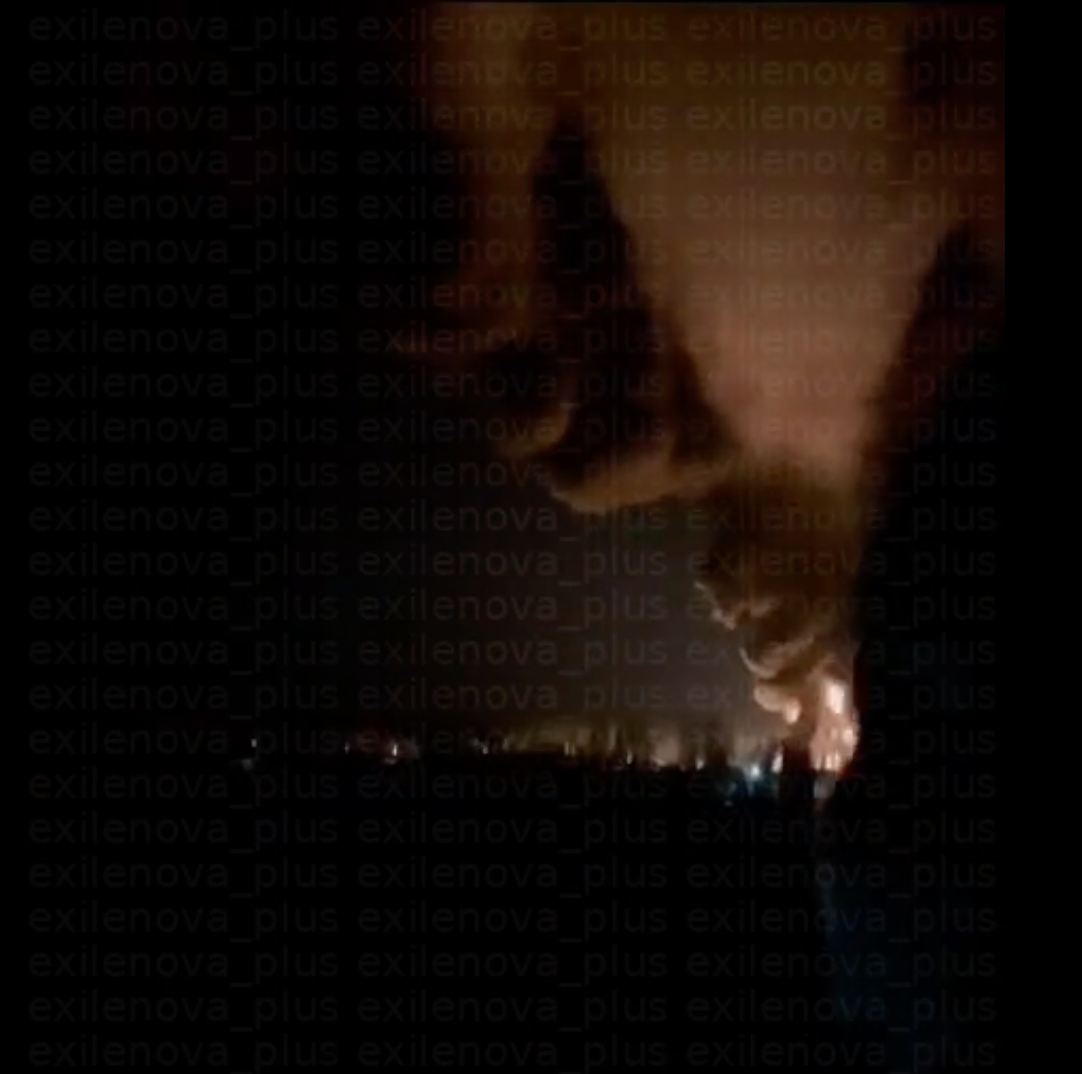EU extends personal sanctions on Russia for 6 months despite pushback from Hungary, Slovakia

Editor's note: The story was updated with additional reporting.
The EU agreed on Sept. 12 to extend personal sanctions imposed over the Russian invasion of Ukraine for another six months, just three days before the deadline.
The news follows reported threats by Slovakia and Hungary that they may block the extension unless six Russian businessmen are removed from the list.
The EU members must unanimously agree to extend the personal sanctions every September and March to prevent them from lapsing.
The agreement was reached even though nobody was removed from the sanctions list, an undisclosed diplomatic source told Suspilne.
While Slovakia reportedly sought exemptions for oligarchs Mikhail Fridman and Alisher Usmanov, Hungary wanted Dmitry Mazepin, Pyotr Aven, Musa Bazhaev, and Albert Avdolyan delisted.
One of the key reasons why the bloc managed to push through the extension without exemptions was a Russian drone incursion into Poland on Sept. 10, which showed it is not the time to ease pressure on figures close to the Kremlin, undisclosed diplomats told Radio Free Europe/Radio Liberty.
The U.S. also exerted "informal pressure" on Bratislava and Budapest to agree, the news outlet wrote, citing undisclosed officials.
A recent court ruling upholding sanctions against Ukraine's pro-Kremlin President Viktor Yanukovych reportedly further reinforced the position of the remaining 25 members.
The Slovak and Hungarian governments are broadly seen as the most Kremlin-friendly within the EU, and their leaders have repeatedly criticized sanctions against Moscow and aid to Kyiv.
Budapest has also threatened to block the extension of sanctions on several past occasions, demanding exemptions for listed individuals.
Announcing the agreement, top EU diplomat Kaja Kallas said that the bloc is also "finalizing work on the 19th package — looking into additional curbs on Russian oil sales, shadow oil tankers, and banks."
"We’ll keep choking off the cash for (Russian President Vladimir) Putin’s war."
The announcement coincides with new sanctions imposed against Russia by the U.K. and Japan.
Ukraine has called upon its partners to ramp up economic pressure against Russia, including through the upcoming 19th EU sanctions package.
Kyiv and Brussels have also urged the U.S. to join the effort. U.S. President Donald Trump has repeatedly threatened to impose fresh sanctions on Moscow if it does not agree to cease hostilities, but his actions have so far been limited to new tariffs on India over its purchases of Russian oil.












